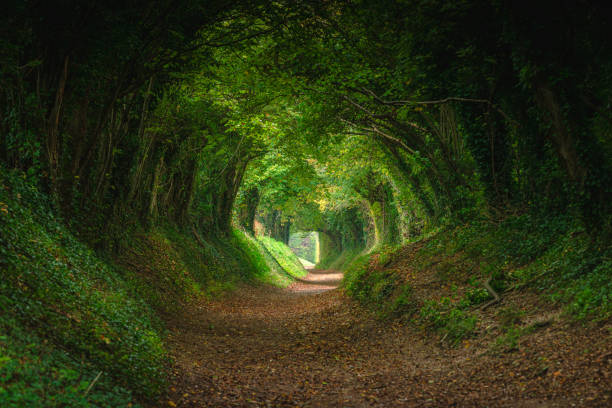Another day, another moment where my son’s life and death has something to teach me. I know what it’s like to not know why something happened or is happening. I know what it’s like to feel feeble and incapable in the face of illness and death. I know that if I spent enough time googling, in some dusty corner of the internet I could find something that ties CHDs to some neatly laid out web of conspiratorial gobbledygook. I could find someone to rant against, someone to sue, someone or something to blame. Lord knows I spent plenty of time blaming myself, wondering what I did wrong to cause this. Wondering why he was a puzzle that no one could solve.
One day in the midst of a grief counseling session, the doctor stopped me in the midst of asking those questions again–heaving and crumpling like a tear-soaked tissue, “Why? Why? Why?”
“Did you do everything you could?”
The question felt like a cold glass of water thrown in my face. I uncrumpled into straight-backed, upright, gaping silence. “What did you say?”
“Did you do everything you could?”
“About what?” I was still dazed, still coming to. I don’t think I was being deliberately obtuse or sarcastic. I was still wrapped up in the why of it all rather than the what of it all.
“Colin. Did you do everything you could do?”
I realized where he was going with this question and I didn’t really want to walk down that trail out of the deep dark woods of my mourning and into the light of acceptance in that moment. I was still in a state where I felt like I needed to ensure that I felt terrible and sad every day because I was still here and my baby was not.
“I didn’t save him.”
“Could you have?”
And then I followed him down that trail. I had no other option. “If I could have saved him, I would have.”
“Did you do everything you possibly could?”
I relented. “Yes.”
“Did everyone do everything they possibly could to save him? The medical team?”
“Of course. We would have taken him somewhere else if we thought that they weren’t.”
“Ok. One thing we know is that no person is to blame for his death, right?”
“Right. Oh.”
I was looking for someone to point the finger at. Someone to hold responsible. But there wasn’t any one person or group or entity to blame. There were anomalies. From the diagnosis that neither of his siblings share, to his response to surgery, to his response to treatment. None of this was normal. None of it was expected. But we all just did everything we could. Because, really, what more can you do than everything you can?
I get it. A bad thing happens and we want something or something to blame. But we are humans living on an often chaotic planet. And sometimes a heart repair doesn’t go as planned.
Later that evening, I thought about this, after crying in my dad’s lap before he left after watching the kids while I was at counseling. When would I be able to know why? Would I ever know? I finally sussed out that I would know when we were reunited in eternity. And then I cracked a smile as I realized that at that point, it wouldn’t matter.
My paradigm shifted that night. Rather than focusing on the moment we knew something was wrong and the moment he died, I needed to focus on the in-between. The dash, as I heard someone say, is what matters. And in the dash, we did everything we could.

